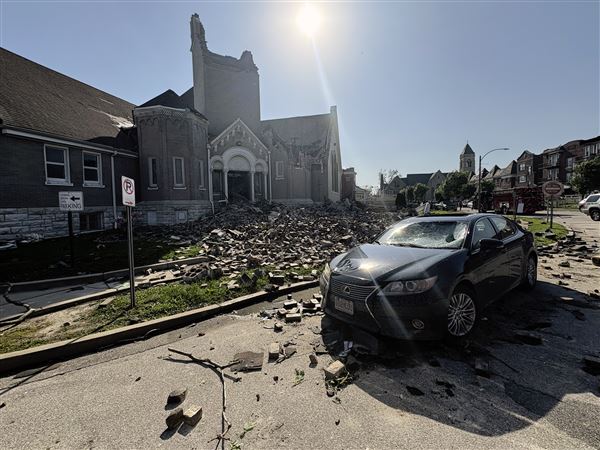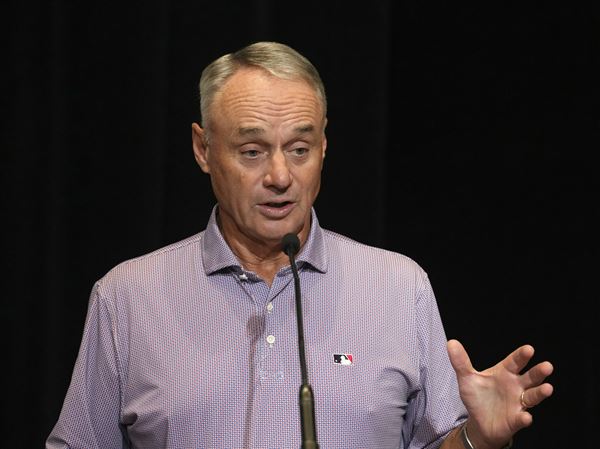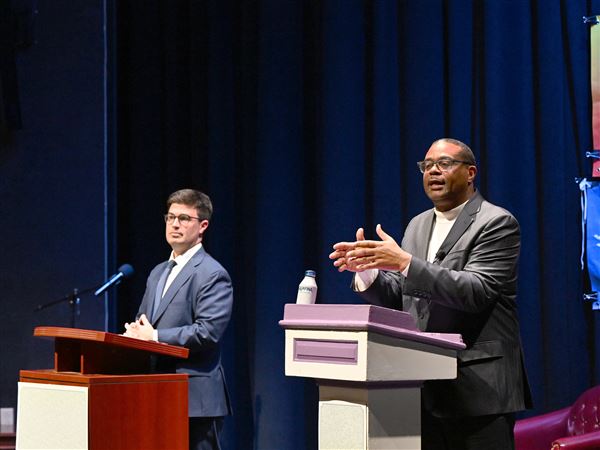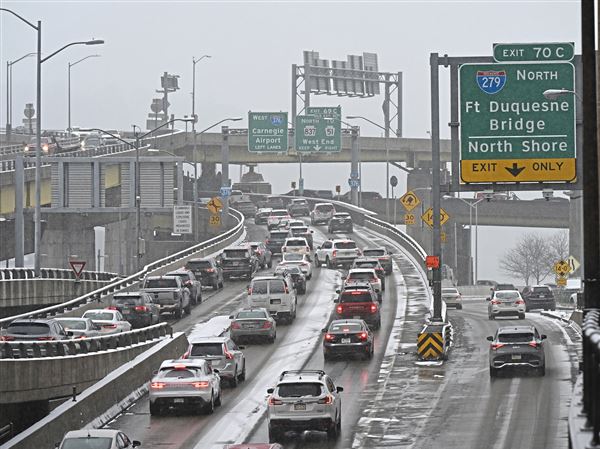On the eve of his death, U.S. Ambassador J. Christopher Stevens was ebullient as he returned for the first time in his new role to Benghazi, the eastern Libyan city that embraced him as a savior during last year's civil war. He moved around the coastal town in an armored vehicle and held a marathon of meetings, his handful of bodyguards trailing discreetly behind.
But as Stevens met with Benghazi civic leaders, U.S. officials appear to have underestimated the threat facing both the ambassador and other Americans. They had not reinforced the American mission to meet strict safety standards for government buildings overseas. Nor had they posted a U.S. Marine detachment, as at other missions in high-threat regions.
A U.S. military team assigned to establish security at the new embassy in Tripoli, in a previously undisclosed detail, was never instructed to fortify the temporary hub in the east. Instead, a small local guard force was hired by a British private security firm as part of a contract worth less than half of what it costs to deploy a single U.S. soldier in Afghanistan for a year.
The two U.S. compounds where Stevens and three other Americans were killed in a sustained, brutal attack the night of Sept. 11, proved to be strikingly vulnerable targets in an era of barricaded embassies and multibillion security contracts for missions in conflict zones.
Days before the ambassador's visit, a Libyan security official had warned an American diplomat that foreigners should keep a low profile in Benghazi because of growing threats. Other Westerners had fled the city and the British had closed their consulate.
Despite the security inadequacies and the warning, Stevens traveled to Benghazi to meet openly with local leaders. Eager to establish a robust diplomatic presence in the cradle of the rebellion against Moammar Gadhafi, the ousted autocratic leader, U.S. officials appear to have overlooked the stark signs that militancy was on the rise.
This account of Stevens' last days and the attack, which includes new details about security at the compound and the ambassador's movements, was assembled from more than a dozen interviews with American officials, prominent Libyans and others familiar with the case. Most agreed to speak only on the condition that they not be named.
The attack marked the first violent death of a serving ambassador in a generation and has become a thorn in President Barack Obama's re-election bid. It also raised the prospect that a country Washington assumed would become a staunch ally as it recovered from its short civil war could turn into a haven for fundamentalists.
U.S. officials investigating the assault say their preliminary assessment indicates that members of Ansar al-Sharia, a fundamentalist group with deep roots in Benghazi, carried out the attack with the help of a few militants linked to al-Qaida's offshoot in Africa.
When bullets and rocket-propelled grenades started raining on the main U.S. compound, the small guard force was quickly overrun and the building was set ablaze. That image, along with the now iconic photo of a dying Stevens being dragged by Libyans toward safety, could have hardly been further from the message the veteran ambassador had traveled to Benghazi to spread: America was there to stay.
"The revolution started there," said a senior U.S. official who spoke on condition of anonymity citing the ongoing probes into the attacks. "We wanted to make sure the U.S. was seen as interested in the views of the east. There was no greater advocate of that than Chris."
The main purpose of Stevens' visit was opening an education and cultural facility that would be called the American Space. The initiative was a cornerstone of his goal of deepening Washington's relationship with Libya, an oil-rich nation emerging from four decades of Gadhafi's bizarre, totalitarian rule.
Once a nuclear threat and avowed nemesis of the West, Libya appeared poised to become a close ally in a region seething with anti-American sentiment . After all, NATO airstrikes had helped save Benghazi and turn the tide against Gadhafi's forces. Stevens was transfixed by the possibilities.
"He lost friends during the revolution, as did almost every Libyan, and he respected their losses," Hannah Draper, a Foreign Service officer stationed in Tripoli wrote in a tribute to Stevens posted on her blog. "He supported the revolution, but his real passion was rebuilding a free Libya."The Benghazi mission was an anomaly for U.S. diplomatic posts. It was not a formal consulate, but rather a liaison office established before Gadhafi's ouster. It was staffed by the Bureau of Conflict and Stability Operations, a State Department office that dispatches government officials to hardship posts for short tours. Instead of signing a costly security contract similar to those the government has for missions in Iraq and Afghanistan, the State Department this summer awarded a contract to Blue Mountain, a small British security firm, to provide local guards at the Benghazi mission. The year-long contract, which took effect in March, was worth $387,413, a minuscule sum for war-zone contracting. Blue Mountain and the State Department declined to comment for this story.
First Published: September 30, 2012, 4:00 a.m.
















